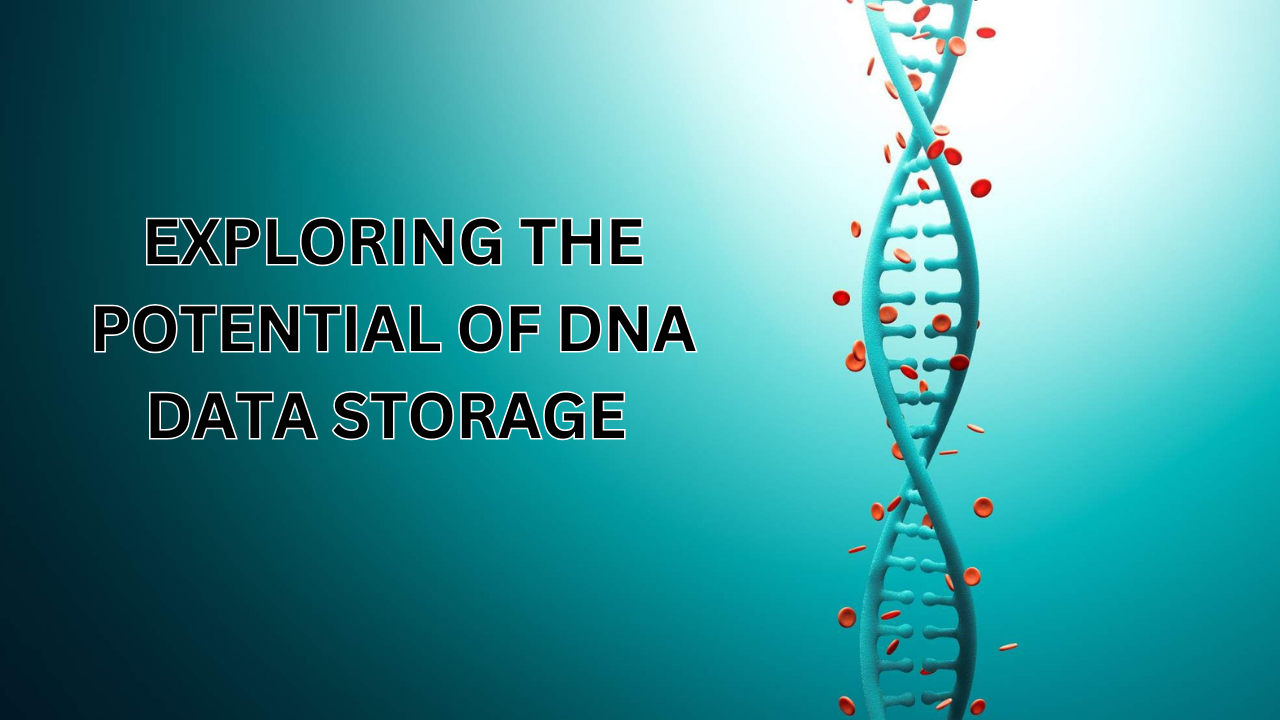DNA data storage represents one of the most exciting frontiers in the field of information technology as the digital age continues to generate massive amounts of data traditional storage systems are reaching their limits in terms of capacity energy consumption and scalability in this context DNA with its unparalleled density and stability offers an innovative solution to these challenges by encoding data into the sequence of nucleotides in DNA we can theoretically store information in a gram of genetic material far exceeding the capabilities of current storage media.
This technology leverages the natural process of transcription and translation to store retrieve and even replicate data in a way that mimics biological processes beyond its enormous storage potential DNA data storage promises remarkable longevity as DNA can endure for thousands of years under the right conditions despite its promise the technology faces significant hurdles including high costs slow writing and reading speeds and the need for advanced algorithms to translate digital data into genetic sequences as research and development in synthetic biology and nanotechnology progress DNA data storage could one day revolutionize how humanity manages and preserves vast amounts of information.
Benefits of DNA Data Storage:
DNA data storage offers several compelling benefits that could revolutionize the way we handle information one of the most significant advantages is its incredible storage density a single gram of DNA has the potential to hold around 215 petabytes of data far surpassing the capacity of current digital storage technologies this means that vast amounts of information could be stored in an incredibly compact space making DNA an ideal medium for long-term data preservation DNA is remarkably durable and can last thousands of years when stored in the right conditions making it far more reliable than traditional data storage systems that require regular maintenance and risk degradation over time.
Another key benefit is the potential for sustainability DNA is a naturally occurring substance that does not require rare materials or generate significant electronic waste which makes it an environmentally friendly alternative to current data storage solutions DNA data storage is inherently scalable as scientific advances in sequencing and synthesis technologies continue it will become increasingly feasible to store and access data at unprecedented speeds and efficiencies while still in its early stages DNA data storage has the potential to offer solutions to some of the most pressing challenges of our digital age.
How to DNA Data Storage Works:
DNA data storage works by translating digital information into the genetic code of DNA at its core this process involves converting binary data represented as ones and zeros into sequences of nucleotides the building blocks of DNA the four nucleotides in DNA (adenine, thymine, cytosine, and guanine) are used to represent binary digits (0s and 1s) this is done by assigning each nucleotide a specific binary value could represent 00 T represents 01 C represents 10 and G represents 11 once the data is encoded into DNA the sequence is synthesized in the laboratory to create a physical DNA strand.
This strand can then be stored as a highly compact form of data when the data needs to be retrieved the DNA is sequenced using advanced technologies that read the order of nucleotides in the strand the sequence is then decoded back into binary form and translated into the original digital data while the writing and reading processes are currently slower and more expensive compared to traditional storage methods DNA extreme density and durability make it a promising solution for long-term storage, especially for data that does not need to be accessed frequently.
Application of DNA Storage:
DNA storage is a groundbreaking technology that utilizes the molecular structure of DNA to store digital information by encoding binary data into sequences of the four DNA bases adenine (A) cytosine (C) guanine (G), and thymine (T) it offers a highly compact and durable medium for data storage DNA exceptional density allows immense amounts of information to be stored in a minuscule physical space.
It is potentially archiving zettabytes of data in a fraction of the area traditional storage devices require. DNA is remarkably stable preserving information for centuries under suitable conditions this innovation could revolutionize fields such as data archiving bioinformatics and secure information storage providing a sustainable and scalable solution for the exponential growth of digital data.
